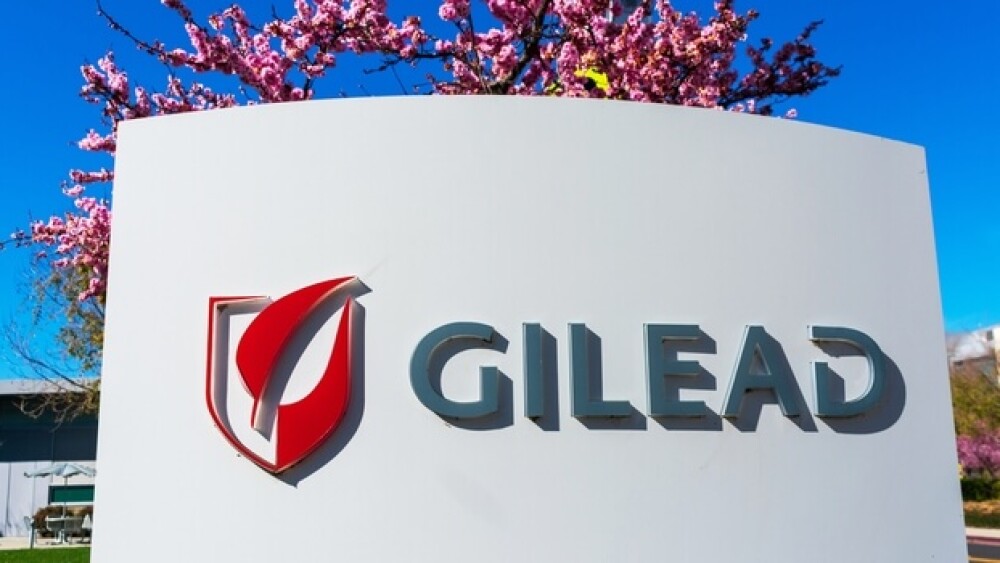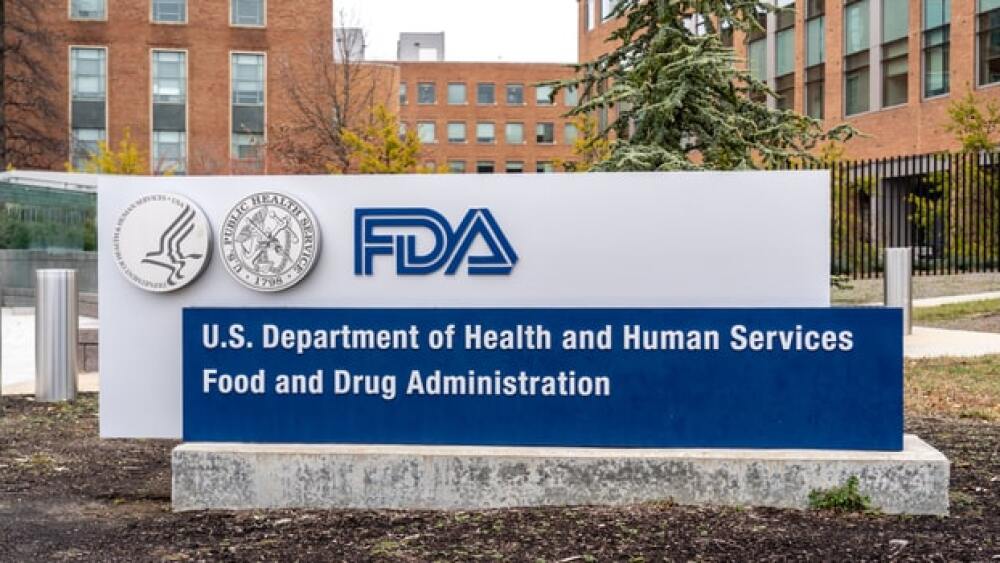The company announced it planned to soon start enrolling an open-label, single-arm Phase II/III clinical trial of remdesivir in about 50 pediatric patients with moderate-to-severe COVID-19, including newborns through adolescents.
Michael Vi / Shutterstock
Luckily, COVID-19 appears to be uncommon in children. Nonetheless, it does happen and has also been associated with multisystem inflammatory syndrome in children (MIS-C), although it is rare. Despite numerous clinical trials ongoing for treatments and vaccines, few are open to enrolling children. A May JAMA Network article noted, “Between February 1 and April 11, 2020, there were 275 COVID-19 interventional trials registered on ClinicalTrials.gov, of which only 30 were open to any patients younger than 18 years.”
At this time, the only drug approved for use against COVID-19 is Gilead Sciences’ remdesivir. Until now, it had only been tested in clinical trials on adults.
ad
Yesterday, the company announced it planned to soon start enrolling an open-label, single-arm Phase II/III clinical trial of remdesivir in about 50 pediatric patients with moderate-to-severe COVID-19, including newborns through adolescents. The trial will be performed at more than 30 locations in the U.S. and Europe.
“From the onset of the pandemic, Gilead has advanced the development of our investigational antiviral remdesivir for the treatment of COVID-19, in parallel with emerging knowledge about the disease,” said Merdad Parsey, Gilead’s chief medical officer. “While the novel coronavirus appears to disproportionally affect adults—especially the elderly and those with underlying health conditions—concerning reports have been documented of children and young adults being hospitalized with COVID-19 and related autoimmune symptoms.”
He went on to say that the company had provided the drug to pediatric patients with severe COVID-19 under its compassionate use program since February, as well as under the U.S. Emergency Use Authorization (EUA) granted in May, “and we are now taking additional steps to gather data on the drug in this important population.”
Remdesivir is a nucleotide analog with broad-spectrum antiviral activity. The EUA is for the treatment of hospitalized patients with severe COVID-19. It is not a silver bullet. In the Phase III SIMPLE trial that evaluated the drug for 5-day and 10-day dosing in hospitalized patients with severe disease and in a National Institute of Allergy and Infectious Diseases (NIAID) trial, the drug showed similar improvement for both doses. It showed time to clinical improvement for 50% of patients was 10 days in the 5-day cohort and 11 days in the 10-day cohort. In the 5-day group, 60% were discharged from the hospital by Day 14, while in the 10-day group, 52.3% were discharged from the hospital by Day 14. At Day 14, 64.5% of the 5-day treatment group and 53.8% of the 10-day treatment group “achieved clinical recovery.”
Generally, patients who received treatment earlier responded better. The data suggested that by Day 14, 62% of patients treated early were well enough to be discharged from the hospital compared to 49% of patients who were treated after the 10-day point.
In the JAMA Network article, the authors note, “The exclusion of children from COVID-19 clinical trials is a tremendous lost opportunity to generate timely knowledge to guide treatment of pediatric populations. Without adequate studies, if any COVID-19 therapies successfully obtain regulatory approval, clinicians would need to prescribe them for children off label. Simple extrapolation from adult to pediatric patients may not account for developmental differences in pathophysiology and drug metabolism. In the absence of pediatric data available at the time of regulatory approval, children may be exposed to ineffective dosing or possibly unsafe treatment.”





